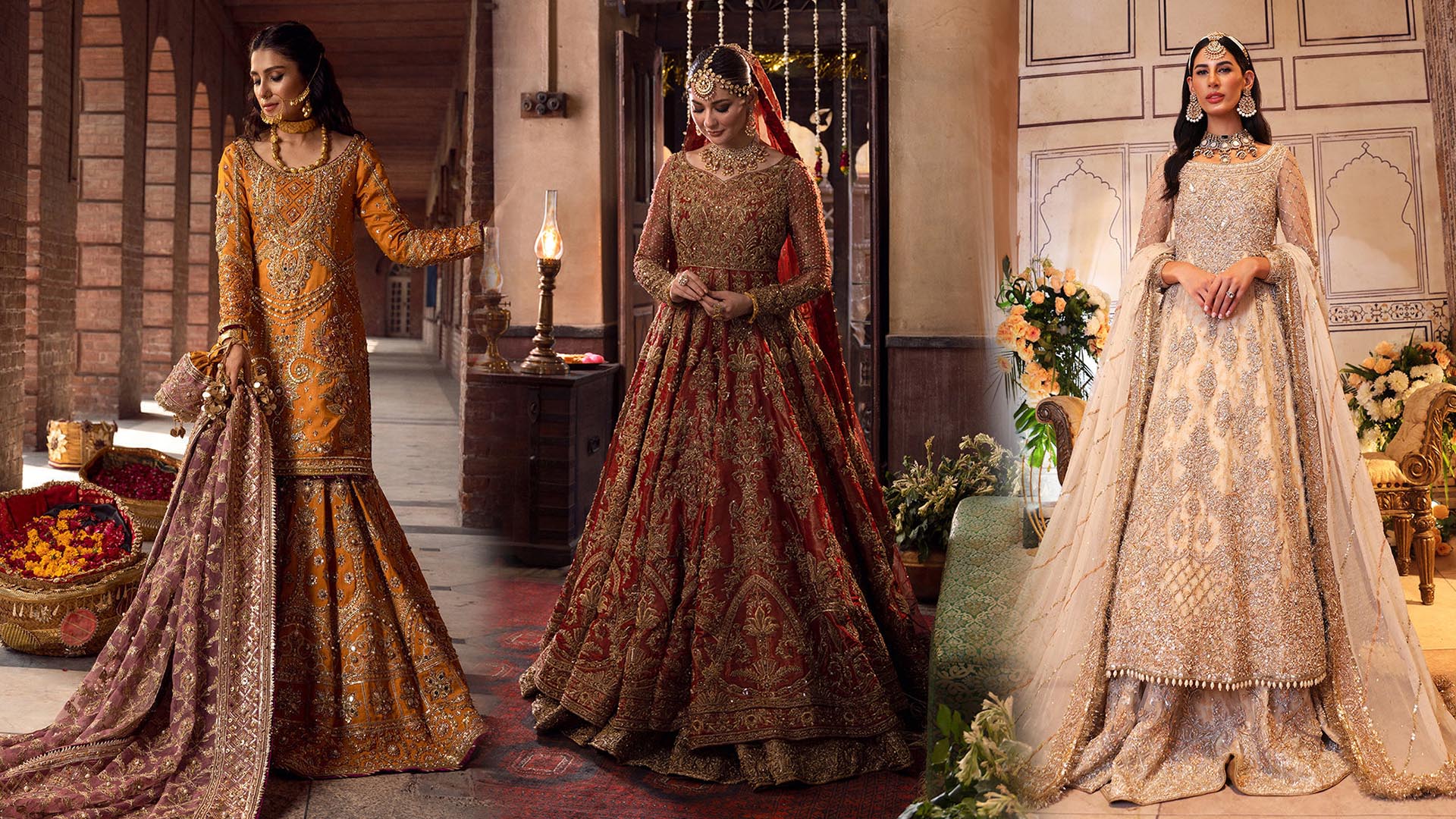Fashion is much more than just clothing; it is a reflection of the society we live in, a complex and ever-evolving social phenomenon that transcends mere aesthetics. It encompasses trends, styles, and the ways in which individuals choose to express themselves through clothing, accessories, and personal grooming. Fashion is not only a form of self-expression but also a potent vehicle for communicating cultural, social, and economic aspects of a society. In this article, we will delve into the intricate relationship between fashion and society, exploring how fashion influences and reflects various aspects of our lives.
Pakistani Wedding Dresses In USA:
In this article, we will explore the allure of Pakistani wedding dresses in USA and the factors driving their popularity.
Fashion as a Mirror of Cultural Identity:
One of the most striking aspects of fashion as a social phenomenon is its ability to reflect cultural identity. Different regions and societies have distinct clothing traditions and styles that are deeply rooted in their history, values, and beliefs. Traditional clothing, such as the kimono in Japan or the sari in India, not only serves as a symbol of cultural heritage but also embodies the essence of that culture. Through the choice of clothing, individuals can proudly display their connection to their cultural roots.
Pakistani Wedding Dresses:
In this article, we will take a closer look at Pakistani wedding dresses, their significance, and the elements that make them so unique.
Moreover, fashion often acts as a canvas for cultural exchange. In our increasingly globalized world, people from different backgrounds and traditions share their fashion influences, resulting in fusion styles that represent the diversity of our interconnected societies. Fashion designers often draw inspiration from various cultures, resulting in a beautiful amalgamation of different elements.
Social Movements and Fashion:
Fashion has also played a pivotal role in various social movements throughout history. It has been a tool for protest, rebellion, and solidarity. The 1960s and 1970s, for example, saw the emergence of the hippie movement, characterized by tie-dye clothing, bell-bottom pants, and peace symbols. These fashion choices were not just a matter of personal style but a way to express opposition to war and promote love and peace.
Similarly, the punk subculture of the 1970s used fashion as a means of challenging the status quo, with its ripped clothing, leather jackets, and unconventional hairstyles. This fashion was a rebellion against societal norms and a way to express disapproval of the establishment.
Fashion also plays a significant role in contemporary social movements, with slogans and symbols displayed prominently on clothing to raise awareness about important issues such as gender equality, LGBTQ+ rights, and environmental sustainability. Fashion becomes a form of advocacy, allowing individuals to express their support for specific causes and connect with like-minded individuals.
The Influence of Technology:
In the digital age, the influence of technology on fashion as a social phenomenon is undeniable. Social media platforms, fashion blogs, and online shopping have transformed the way we consume and engage with fashion. People now have instant access to global fashion trends and can share their personal styles with a global audience.
Influencers and celebrities also play a significant role in shaping fashion trends. Their social media presence allows them to reach millions of followers, making them powerful trendsetters. Brands collaborate with influencers to promote their products, blurring the lines between traditional advertising and personal style.
Sustainability and Ethical Fashion:
As society becomes increasingly aware of environmental and ethical issues, fashion is evolving to reflect these concerns. The concept of "fast fashion," characterized by cheap, disposable clothing, is being challenged by a growing movement toward sustainable and ethical fashion. Consumers are increasingly seeking out eco-friendly and ethically produced clothing, pushing fashion brands to adapt and adopt more responsible practices.

Conclusion:
Fashion is more than just a way to look good; it is a multifaceted social phenomenon that mirrors our culture, history, and values. It serves as a means of cultural expression, a vehicle for social change, and a reflection of the technological and ethical challenges of our time. Understanding the complex relationship between fashion and society allows us to appreciate the profound impact that clothing and style have on our lives and the world around us. As fashion continues to evolve, so too will its role as a social phenomenon, influencing and reflecting the ever-changing dynamics of our society.